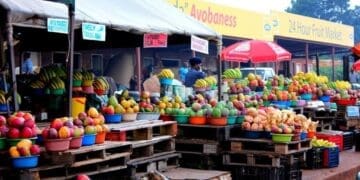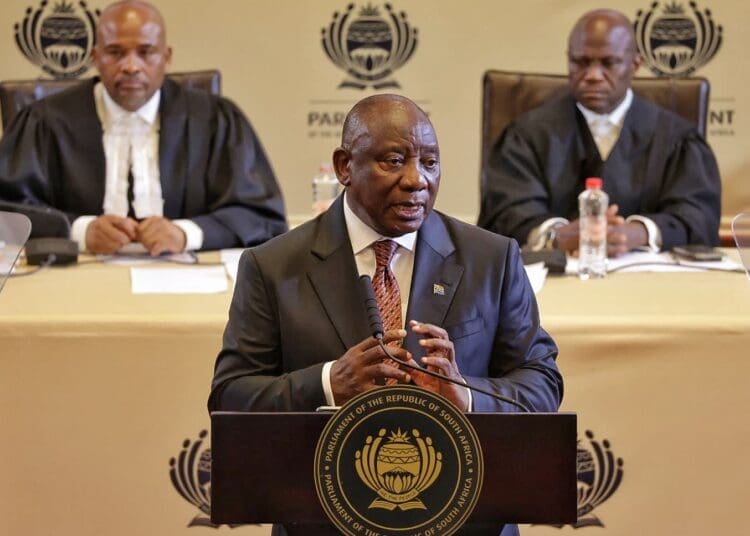By Azwidohwi Mamphiswana
President Cyril Ramaphosa has announced a R20 billion annual Transformation Fund to support black-owned businesses, small enterprises and entrepreneurs.
Delivering his 2025 State of the Nation Address, he emphasised economic transformation, job creation and empowerment of marginalised groups.
“We will set up a Transformation Fund worth R20 billion a year over the next five years to fund black-owned and small business enterprises,” Ramaphosa said.
Government procurement laws will be revised to ensure these businesses receive fair opportunities.
“We will fast-track the regulations of the Public Procurement Act to ensure businesses owned by women, youth and persons with disabilities receive equitable opportunities in government contracts.”
For many small business owners, this commitment is long overdue.
Lebo Mokoena, a Johannesburg-based fashion entrepreneur, said access to government contracts has been a major challenge.
“It’s great to hear that government tenders will be more accessible to women and young entrepreneurs. Many of us have the skills and the drive, but getting funding and contracts has always been a struggle,” Mokoena said.
The government also plans to unlock venture capital for high-growth start-ups.
Ramaphosa announced the Innovation Fund, which would provide financial backing to tech start-ups from universities.
“To build an innovative economy, the Department of Science, Technology and Innovation will establish an Innovation Fund to provide venture capital to tech start-ups,” he said.
Entrepreneurs like Mandla Sibanda, a tech start-up founder in Pretoria, sees this as a step in the right direction.
“Many young South African developers and innovators have amazing ideas, but we struggle with funding,” Sibanda said. “An Innovation Fund could help us compete globally.”
Ramaphosa stressed that entrepreneurship was central to economic growth, job creation and addressing inequality.
On agriculture, the president outlined plans to strengthen farming supply chains, expand exports and develop industries like hemp and cannabis production.
“By supporting our farmers, improving our logistics network and opening new export markets, we can significantly expand our agricultural sector,” he stated.
He emphasised that small-scale farmers played a crucial role in food security and rural job creation.
Ramaphosa reaffirmed government support for women entrepreneurs through training and funding.
“We will continue to provide training to women entrepreneurs to enable them to compete for government tenders,” he said.
Ramaphosa acknowledged that small businesses and informal enterprises faced multiple hurdles.
“We are expanding support for small and medium enterprises and the informal economy, which sustains millions of jobs,” he said.
To address energy instability, the government is investing in renewable energy.
“We are harnessing the sun and the wind to make our country a leader in renewable energy and green manufacturing,” Ramaphosa said.
Investments will focus on grid reliability and alternative energy sources.
Businesses were urged to expand economic opportunities through the African Free Trade Continental Agreement.
“We are working towards the full implementation of AfCFTA. which will tear down barriers to trade on our continent.”
“As the most industrialised economy in Africa, we are positioning ourselves at the centre of this growing market.”
He called for investment in high-growth sectors, stating: “Even more valuable than our natural resources are the diversity, energy and talent of the South African people.”
Ramaphosa emphasised that economic transformation, entrepreneurship and job creation are at the core of South Africa’s future.
“We need to ensure that growth creates jobs for all, especially for young people,” he said.
























































